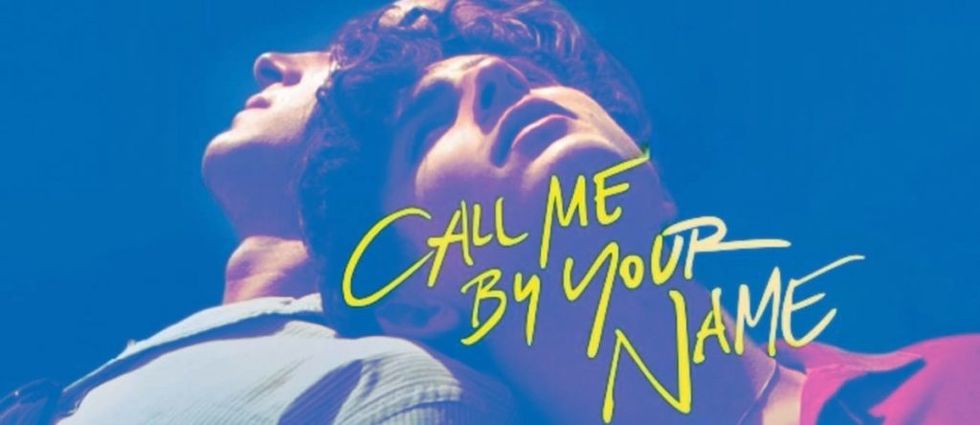The movie industry's tendency to take popular novels and adapt them into film has created a split between lovers of art, spurring a never-ending debate of which form of media is the superior method for storytelling.
We've heard it all in some form: "The book was so much better than the movie" or vice versa. It's a fair statement, for adaptations always call for comparisons. Yet what is the real answer to the age-old question?
The answer is always heavily based on opinion-- and coming from a life defined by a love of books, my biased opinion is quite evident. Books are the means through which their film adaptations exist. The author is the sole mastermind behind essentially all of it, coming up with the ideas for plot and character, setting and dialogue. Giving directors and other movie influencers credit for "being better" has always seemed silly to me, as most of the work is done by someone else. Aside from that, I appreciated the work of the writer more, for every word chosen was done so with intent. The task of writing a book had just always seemed more difficult to me.
Yet as I began to be more and more exposed to differing opinions (as well as better movies), I began to learn that it's less of a competition and more of a coexistence. There is a mutual benefit for both art forms while each adding something different to the story that the other might not be able to do.
There are countless examples of the book being inarguably better than the movie (I am still not over the Percy Jackson movie), movies being better than the books (hello, The Perks of Being a Wallflower) and book/movie pairings that exist at equal excellence with no real difference (the entire Harry Potter series). Yet of the best examples of this artistic mutualism, where there lies a clear difference between the art forms, is the movie Call Me By Your Name, adapted from the book of the same title.
The book is a wistful recount from the protagonist, Elio's, memory. It's told like a memory, with feelings of nostalgia and an ending so beautifully written that you will inevitably fall in love with it (even if scenes of peaches left you relatively disturbed). The inner reflection of the narrator is delivered so carefully and intelligently, making any writing nerd swoon. The movie, however, feels both different and entirely the same. For the moments where novel-Elio gave insight into his own mind, the film presented in touching silences, driven by director's notes and acting choices. The cinematography perfectly encapsulates the same feeling of nostalgia from the book. The end of the film is also breathtaking, for the moment of thought in the novel that is eloquently drawn out as conclusion is conveyed in a mere look. Movie-Elio, played by Timothee Chalamet, simply looks into a fire with tears in his eyes as the credits roll, and suddenly you are consumed by tears.
The reality is that movies and books are their own separate forms of storytelling, with one not truly dominant over the other. While books require literary techniques and creativity for plot, movies also demand skill in acting and directing, with a need for creativity in order to physically display what cannot be quite as obviously presented from the book. Pursuing this further, books help movies benefit on pre-existing fan bases and ideas while movies help draw non-readers into a literary world they might not have been exposed to.
At the end of the day, art is just that: art. Any form is truly respectable, as it takes a certain level of skill to be able to evoke emotions from an audience-- and for that, all art should be celebrated.





















